Is private jet safer than commercial? Yes, private jet is more safer than commercial airline. Air travel has always been a source of fascination and fear for many people. On one hand, it provides a means of traveling long distances quickly and efficiently.
But on the other hand, there is always the risk of something going wrong. This is why safety is a top priority in the aviation industry.
When it comes to flying, there are two main options: private jets and commercial airlines. Private jets have long been associated with luxury and exclusivity, but are they actually safer than commercial airlines?
It’s a question that has been debated for years, and the answer might surprise you. In recent years, private jet travel has become more accessible and affordable for the general public.
Many people are choosing to fly privately to avoid the crowds and long lines at commercial airports, and to have more control over their travel schedule. But does this added level of control come at a cost when it comes to safety?
In this article, we’ll take a closer look at the safety records of private jets and commercial airlines, and examine the factors that contribute to their respective safety ratings.
We’ll also explore some of the myths and misconceptions surrounding private jet travel and safety, and provide you with the information you need to make an informed decision about your next flight.
So buckle up and get ready for takeoff, as we explore the question: is private jet safer than commercial? or commercial private.
Also useful articles: Can Aviation Fuel Melt Steel?
Is private jet safer than commercial?
Private jets are often associated with luxury and exclusivity, but are they really safer than commercial airlines? While private jets may offer more privacy and comfort, safety should always be a top priority when it comes to air travel.
One advantage of private jets is that they often have more flexibility in their flight routes and schedules. This can help avoid potential safety hazards such as bad weather or congested airspace.
Additionally, private jets typically have fewer passengers, which can reduce the risk of transmission of illnesses or diseases.
However, commercial airlines have stringent safety regulations and procedures in place that are designed to keep passengers safe. These include regular maintenance checks, comprehensive pilot training, and strict security measures.
Commercial airlines are also subject to rigorous safety inspections by regulatory bodies such as the Federal Aviation Administration (FAA).
Furthermore, in the rare event of an emergency, commercial airlines have more resources and personnel available to handle the situation. They also have better access to medical facilities and emergency services.
While private jets may offer more flexibility and exclusivity, safety should always be a top priority when it comes to air travel.
Both private and commercial airlines have safety measures in place to ensure the safety of their passengers, but commercial airlines have the advantage of more resources and stricter regulations.
Ultimately, the safest way to travel by air is to choose a reputable airline and follow all safety protocols.
Also useful articles: Which Aviation Headset is the Best?
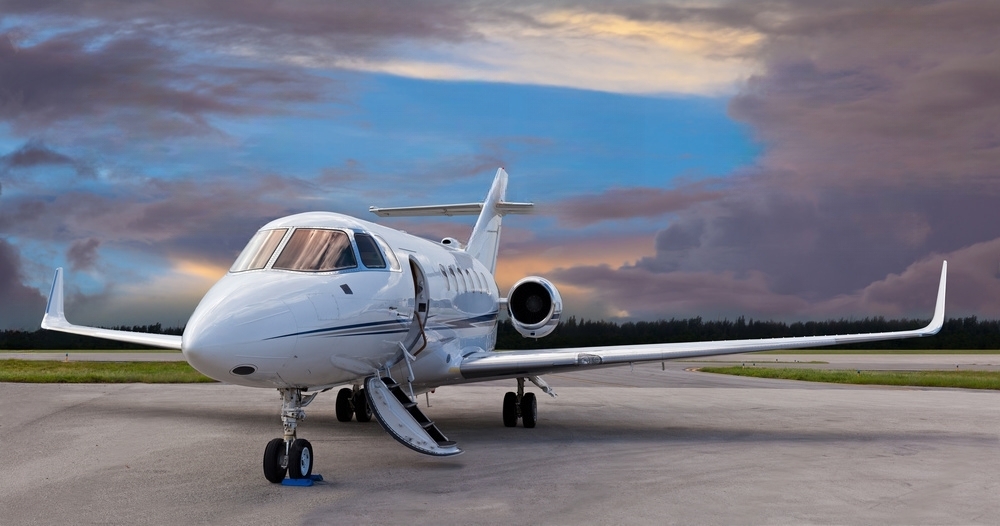
Commercial flight – Are they really safe?
Commercial air travel is a common mode of transportation for millions of people around the world. However, the safety of commercial flights has always been a topic of concern and debate. Despite the occasional news of airplane accidents and incidents, commercial flights are actually one of the safest modes of transportation.
According to data from the International Air Transport Association (IATA), the global aviation industry saw a total of 38.9 million flights in 2019, with only 86 accidents resulting in 257 fatalities. This means that the chance of being involved in a fatal accident on a commercial flight is approximately one in 3.2 million.
The aviation industry is heavily regulated, and airlines are required to adhere to strict safety standards. Before a commercial aircraft takes off, it undergoes rigorous maintenance and safety checks by trained professionals.
Pilots are also required to undergo extensive training and must pass regular medical exams to ensure they are fit to fly.
In addition, modern airplanes are designed with multiple redundant systems that can take over in case of any technical failures. This ensures that even if one system fails, the plane can still safely continue its flight.
Commercial flights are one of the safest modes of transportation available today. Despite the occasional incidents, the aviation industry has made significant strides in improving safety standards and implementing advanced technology to ensure that passengers arrive at their destinations safely.
So the next time you board a commercial flight, rest assured that you are in good hands. Air charter also provide safe airliners to fly private. Charter flights is a good way to go especially for those for want to fly private.
Also useful articles: Do Babies Need Ear Muffs for Flying?
Top pick

Editor’s choice

Best value

Are private jet flight safer as we all think?
The allure of private jet flights is undeniable. They offer unparalleled luxury and convenience, allowing travelers to bypass the hassles of commercial airports and fly directly to their destination. But are private jet flights really as safe as we all think?
While private jets are generally considered safe, they are not immune to accidents or incidents. Just like commercial airlines, private jets can experience mechanical failures or human errors that can lead to accidents.
Additionally, smaller airports that are often used by private jets may not have the same level of safety infrastructure as larger commercial airports.
Another factor to consider is the possibility of pilot error. Private jet pilots are often highly skilled and experienced, but they are still human and can make mistakes. In fact, according to the National Transportation Safety Board, pilot error is the leading cause of private plane accidents.
Despite these potential risks, private jet flights are generally considered to be safer than driving or flying commercially. Private jets undergo rigorous maintenance and inspection procedures, and their pilots are held to strict safety standards.
Ultimately, the decision to fly privately comes down to personal preference and risk tolerance. If you value luxury and convenience above all else, then private jet flights may be the right choice for you. But if safety is your top priority, it is important to weigh the potential risks before making a decision.
Also useful articles: Safest Private Aircraft in the World
Are private jets safer than helicopter?
When it comes to traveling in style and luxury, private jets and helicopters are two of the most popular options. While both of these aircraft offer a luxurious and efficient mode of transportation, many people wonder which one is safer. So, are private jets safer than helicopters? Let’s find out.
Firstly, private jets are generally considered safer than helicopters due to their advanced safety features and regulations. Private jets are required to meet strict safety standards, including regular maintenance checks, advanced avionics systems, and experienced pilots.
These measures ensure that the jet is in good condition and that the pilot is qualified to operate it. Additionally, private jets are equipped with advanced safety features, such as airbags, anti-skid systems, and automatic collision avoidance systems, which can help to prevent accidents.
On the other hand, helicopters are also designed with safety in mind, but they have a higher accident rate than private jets. One reason for this is that helicopters are more prone to mechanical failure and pilot error. Helicopters also have limited safety features compared to private jets, which makes them more vulnerable to accidents.
While both private jets and helicopters offer a luxurious mode of transportation, private jets are generally considered safer due to their advanced safety features and regulations.
However, it’s important to note that accidents can happen with any form of transportation, so it’s always important to choose a reputable operator and follow all safety guidelines.
Also useful articles: Private Airports in Los Angeles
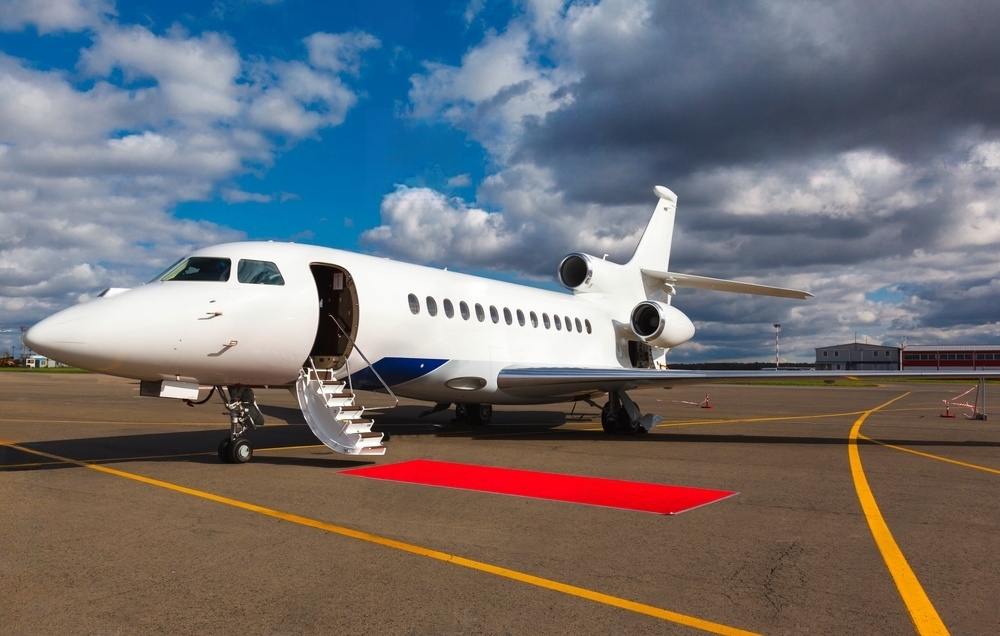
Fly private – Is it better than any other flight?
When it comes to air travel, many people assume that flying commercial is the only option available. However, in recent years, private flights have become increasingly popular, and for good reason. While commercial flights may be cheaper, flying privately offers many advantages that make it an appealing choice for many travelers.
One of the biggest advantages of flying private is the level of comfort and luxury that comes with it. When you fly privately, you have the entire plane to yourself, which means you can stretch out and relax in a way that is impossible on a commercial flight.
Private planes also tend to offer more comfortable seating and amenities, such as gourmet meals, high-speed Wi-Fi, and entertainment systems.
Another advantage of flying private is that it is much more convenient than commercial travel. Private planes can often take off and land at smaller airports, which means you can avoid the long lines and delays that are common at larger airports.
Private flights also allow you to set your own schedule, so you don’t have to worry about missing a flight or rushing to make a connection.
One potential downside of flying private is the cost. Private flights can be much more expensive than commercial flights, especially if you are traveling alone or with a small group. However, for some travelers, the advantages of flying privately are worth the extra expense.
Flying private offers many advantages over commercial travel. While it may be more expensive, the level of comfort, convenience, and luxury that comes with flying privately makes it an appealing choice for many travelers.
If you have the means to do so, flying privately is definitely worth considering for your next trip.
Also useful articles: Chartering Air Ambulance
Top pick
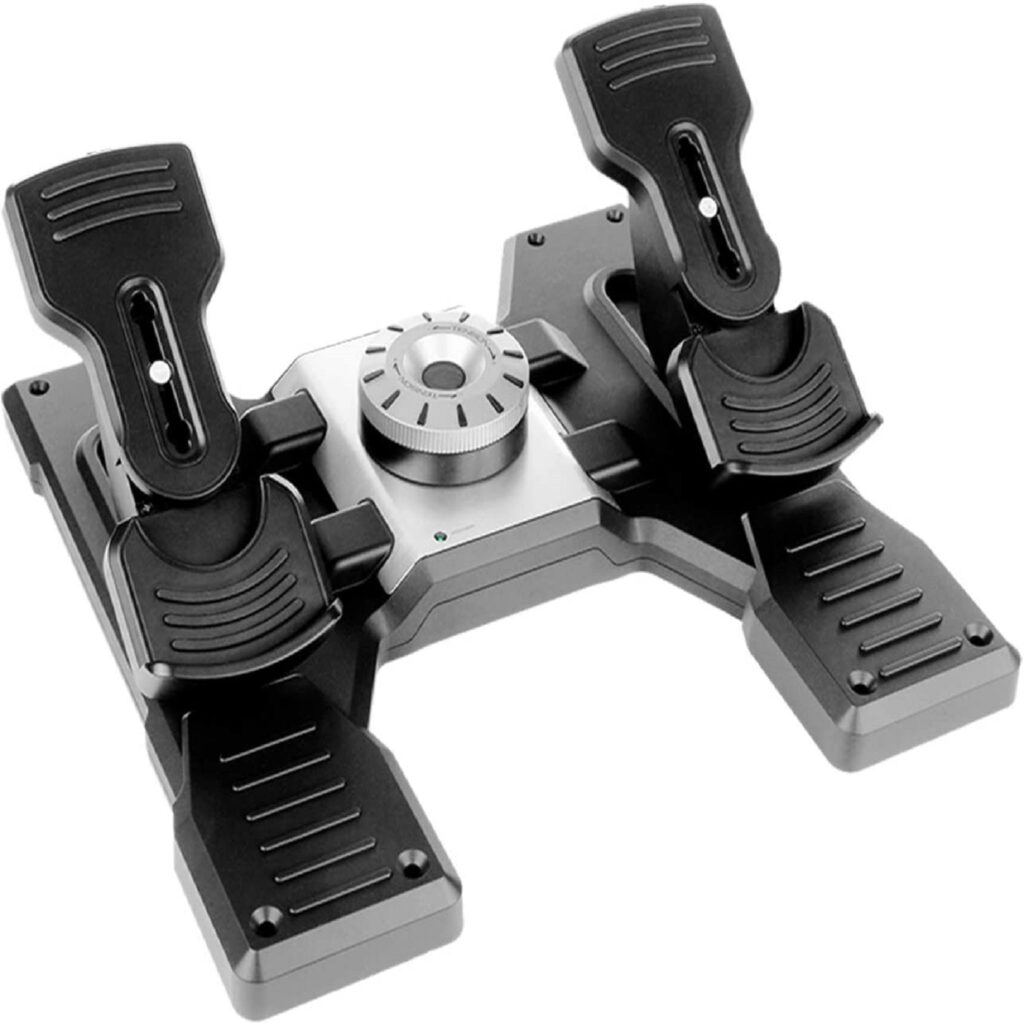
Editor’s choice
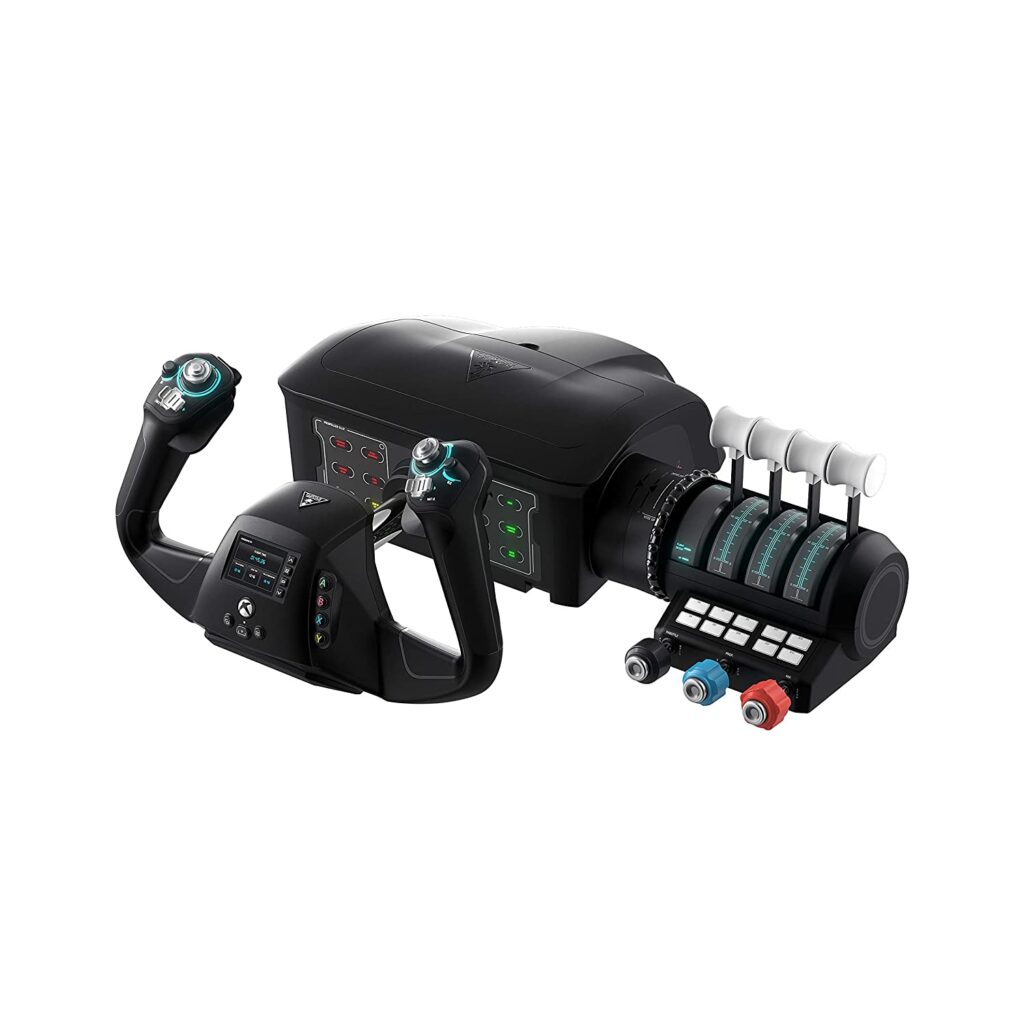
Best value
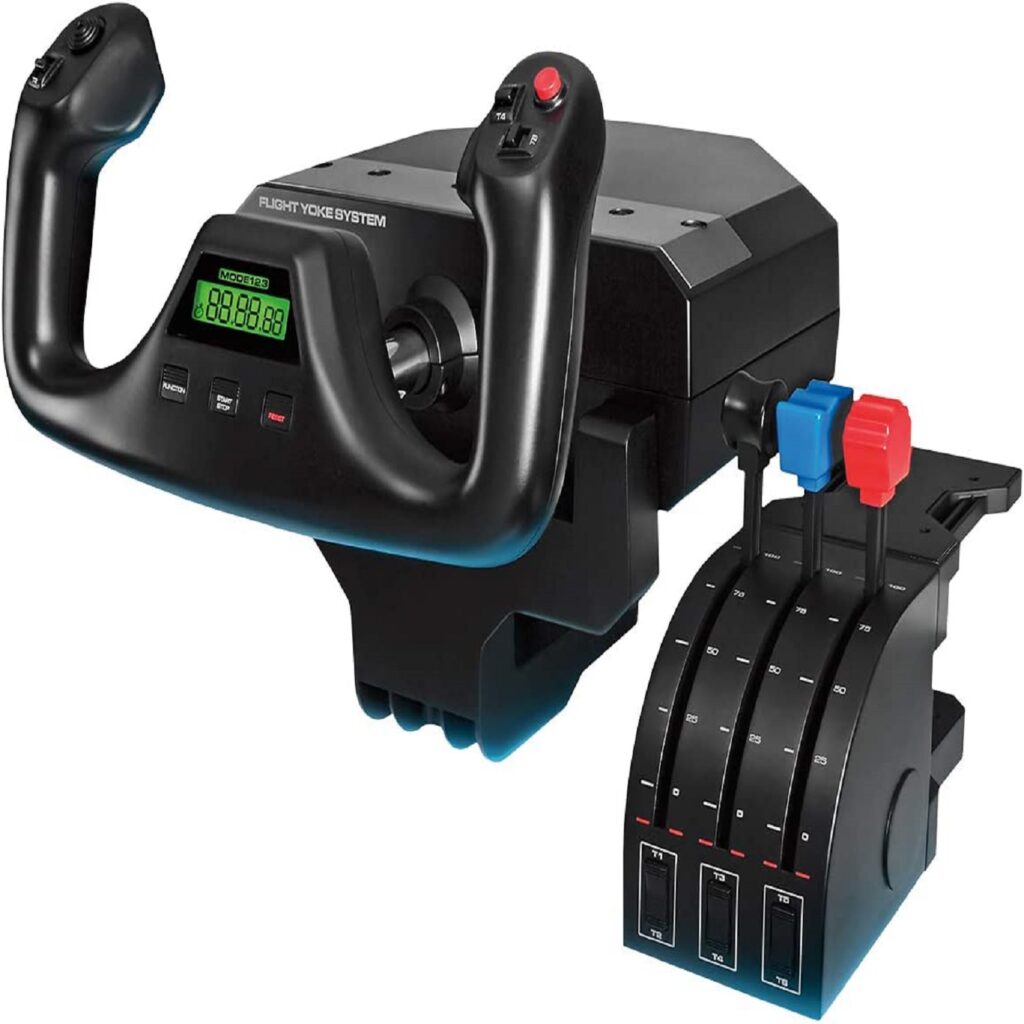
Safest way to fly in a private jet – Apply to commercial
Private jets have become increasingly popular in recent years, thanks to their convenience, flexibility, and privacy. But as with any form of air travel, safety should always be a top priority. Fortunately, there are a few steps you can take to ensure that your private jet flight is as safe as possible.
Firstly, make sure you choose a reputable charter company that has a strong safety record. Look for a company that is certified by the Federal Aviation Administration (FAA) and has a rigorous safety program in place. You can also ask for references and check online reviews to get a better sense of the company’s reputation.
Secondly, ensure that your pilot has extensive experience flying the type of aircraft you’ll be using. Ask about their training and certification, as well as their flight hours and any past incidents or accidents. A competent pilot with a good track record can make all the difference in ensuring a safe flight.
Finally, pay attention to the condition of the aircraft itself. Ensure that it has undergone regular maintenance and inspections, and that it is equipped with the latest safety features, such as collision avoidance systems and emergency communication systems.
By taking these steps, you can enjoy all the benefits of private jet travel while minimizing your risk and ensuring your safety. Remember, safety should always come first, no matter how luxurious the mode of travel may be.
Also useful articles: How to Charter Gulfstream G650?
Safety record of a private jet you need to see
When it comes to flying, safety is always a top concern for both passengers and pilots. Private jets are often seen as a luxurious and safe mode of transportation, but just like any other aircraft, their safety record should be thoroughly examined before booking a flight.
In this blog post, we will take a closer look at the safety record of private jets, and what you need to know before you fly.
Private jets have a reputation for being safer than commercial airlines due to their smaller size, increased flexibility, and better maintenance standards.
According to the National Business Aviation Association (NBAA), private jets have a lower accident rate than commercial airlines, with only 1.82 accidents per million flight hours compared to 3.67 for commercial airlines.
One reason for the better safety record of private jets is the stringent maintenance standards that are required for these aircraft. Private jet owners are required to adhere to strict maintenance schedules, and any issues must be promptly addressed to ensure the safety of passengers and crew.
Another factor that contributes to the safety of private jets is the experience of the pilots. Private jet pilots are often highly experienced and undergo regular training to ensure that they are up to date with the latest safety protocols and procedures.
In conclusion, private jets have a strong safety record due to their smaller size, increased flexibility, strict maintenance standards, and experienced pilots.
However, it is always important to do your research before booking a flight and to choose a reputable private jet company with a strong safety record. By taking these precautions, you can enjoy a safe and comfortable private jet flight experience.
Also useful articles: Most Expensive Private Jet in the World
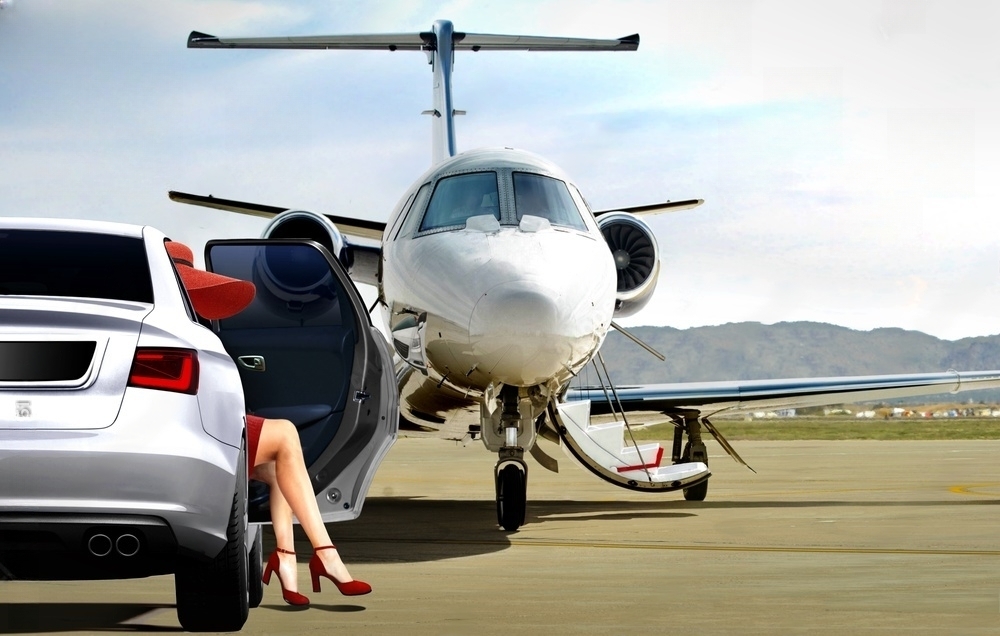
Aircraft hangar size best for all private jet
Private jets are designed for the comfort and convenience of their passengers, offering a luxurious and personalized flying experience. However, when it comes to storing these aircraft, their size and shape can make it challenging to find the right hangar.
As a private jet owner, choosing the right size aircraft hangar is essential to ensure your jet’s safety, maintenance, and overall lifespan.
The ideal size for a private jet hangar depends on several factors, such as the type and size of the aircraft, the number of planes you own, and your future expansion plans.
However, as a general rule, the recommended minimum size for a single private jet hangar is 60 feet wide by 60 feet deep with a door opening of at least 18 feet tall.
This size allows enough space for the aircraft to move around and accommodate its wingspan, height, and length. It also provides ample space for maintenance, repairs, and storage of accessories and equipment, such as fuel tanks, deicing equipment, and luggage.
Additionally, a 60 by 60-foot hangar can accommodate most medium-sized private jets, such as the Cessna Citation and Gulfstream G150.
However, if you have larger aircraft or more than one private jet, you may want to consider a larger hangar. For instance, a hangar with a minimum size of 80 feet wide by 80 feet deep can accommodate larger jets such as the Challenger 850 or Gulfstream G650.
It also provides space for additional amenities like offices, lounges, and storage facilities.
Choosing the right hangar size for your private jet is critical to ensure your aircraft’s safety and longevity. You should consider your aircraft’s size, your future expansion plans, and other factors to make the best decision for your investment.
Ultimately, investing in a well-sized and equipped hangar can save you significant costs in the long run and provide peace of mind knowing your aircraft is secure and well-maintained.
Also useful articles: Chartering Gulfstream G700
Top pick

Editor’s choice

Best value

Private airport – Cost of parking your private jet
Private airports offer a number of benefits over commercial airports, including more convenient locations, faster check-ins, and greater privacy. However, one of the costs of using a private airport is the cost of parking your private jet.
The cost of parking a private jet at a private airport varies depending on a number of factors. These can include the location of the airport, the size of the jet, and the length of time it will be parked. On average, the cost can range from $100 per night to $500 per night. Some airports also charge a landing fee, which can be several hundred dollars.
If you plan to use a private airport frequently, it may be worth considering purchasing a long-term parking plan. These plans can offer significant discounts on the daily parking rate, and may also include additional benefits such as guaranteed parking availability and access to other airport amenities.
In addition to parking fees, private airports may also charge for other services such as fueling, maintenance, and cleaning. It is important to carefully consider all of these costs when choosing a private airport for your travel needs.
Overall, while the cost of parking a private jet at a private airport may be higher than at a commercial airport, the added benefits and convenience of using a private airport may make it well worth the expense for many travelers.
Also useful articles: How Many Miles from California to Hawaii?
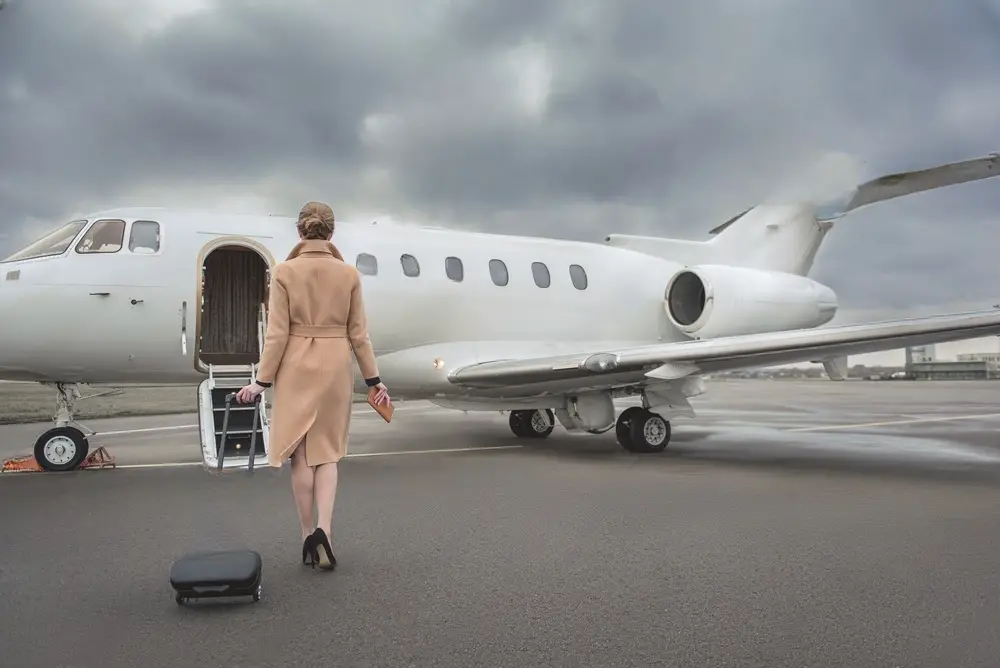
FAQ
1. What is safer private jets or commercial?
Private jets and commercial airlines both have safety measures in place, but statistically, commercial flights have a lower accident rate than private jets.
2. Why private jets are safer?
While private jets may offer more control over flight plans and maintenance, there is no conclusive evidence to suggest that they are inherently safer than commercial airlines.
3. Is it better to fly private or commercial?
The decision to fly private or commercial ultimately depends on individual preferences, budget, and itinerary. Both options have their pros and cons.
4. What is the risk of flying a private plane?
The risk of flying a private plane depends on various factors, including pilot experience, maintenance standards, and weather conditions. It can vary widely.
Conclusion
In conclusion, the debate on whether private jets are safer than commercial airlines depends on several factors. While private jets offer a higher level of privacy, comfort, and luxury, they may lack some of the safety features that commercial airlines offer.
However, commercial airlines also have their fair share of safety concerns, including overcrowding, delays, and potential mechanical issues.
Ultimately, safety in private jets or commercial airlines depends on the level of safety measures implemented and the quality of maintenance checks conducted.
Both private and commercial airlines adhere to safety regulations and standards, but it’s essential to consider the safety records of individual operators before booking a flight.
While private jets may have a lower accident rate, commercial airlines undergo stricter safety regulations, regular maintenance checks, and pilot training.
Moreover, they have advanced safety features such as collision avoidance systems, comprehensive safety management systems, and weather detection technologies, making them safer than private jets.
Choosing between private jets and commercial airlines depends on personal preference, budget, and the level of safety measures implemented by the operator.
However, when it comes to safety, commercial airlines have the upper hand due to the rigorous safety regulations they have to comply with.
Also useful articles: Do Small Private Jets have Bathrooms?
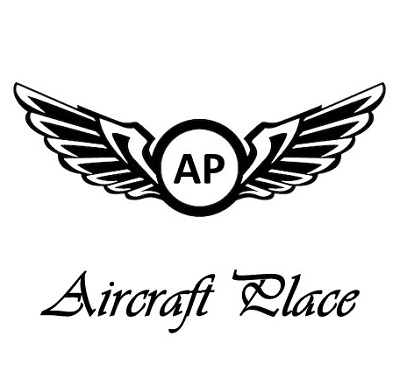
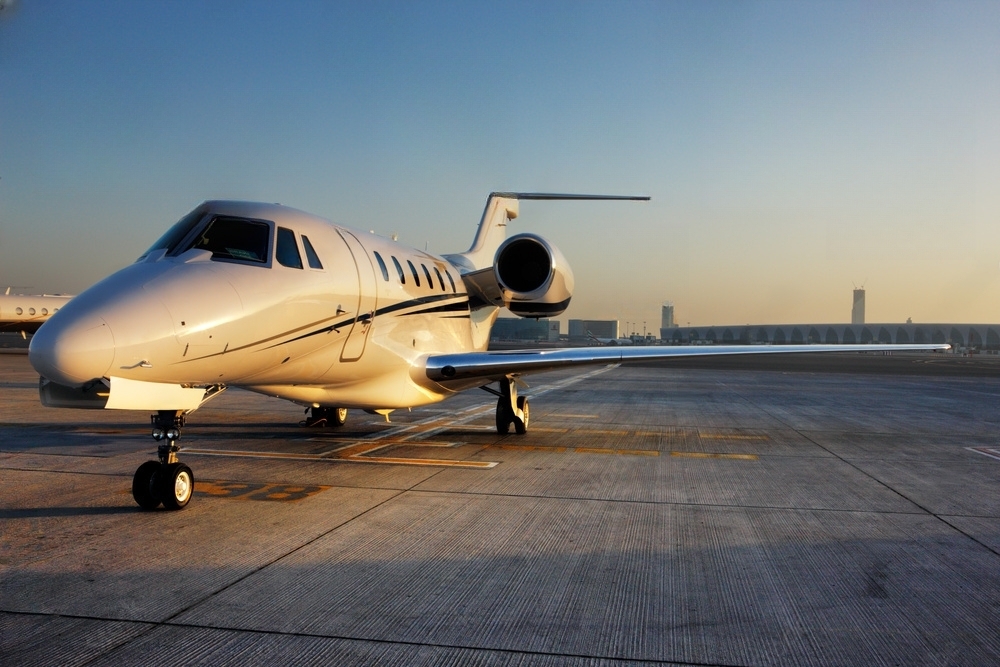
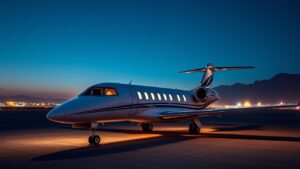


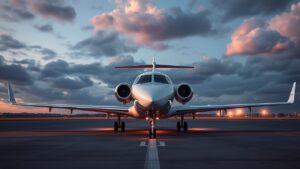
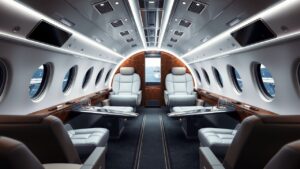


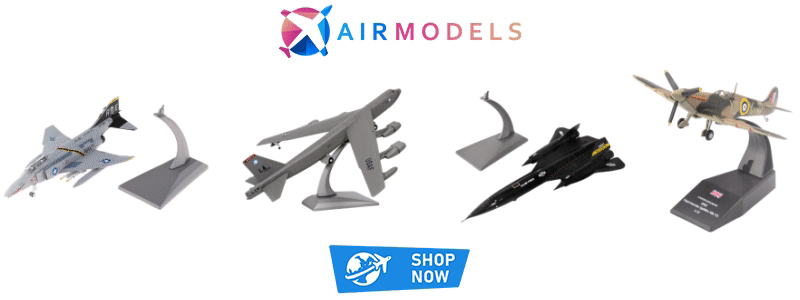
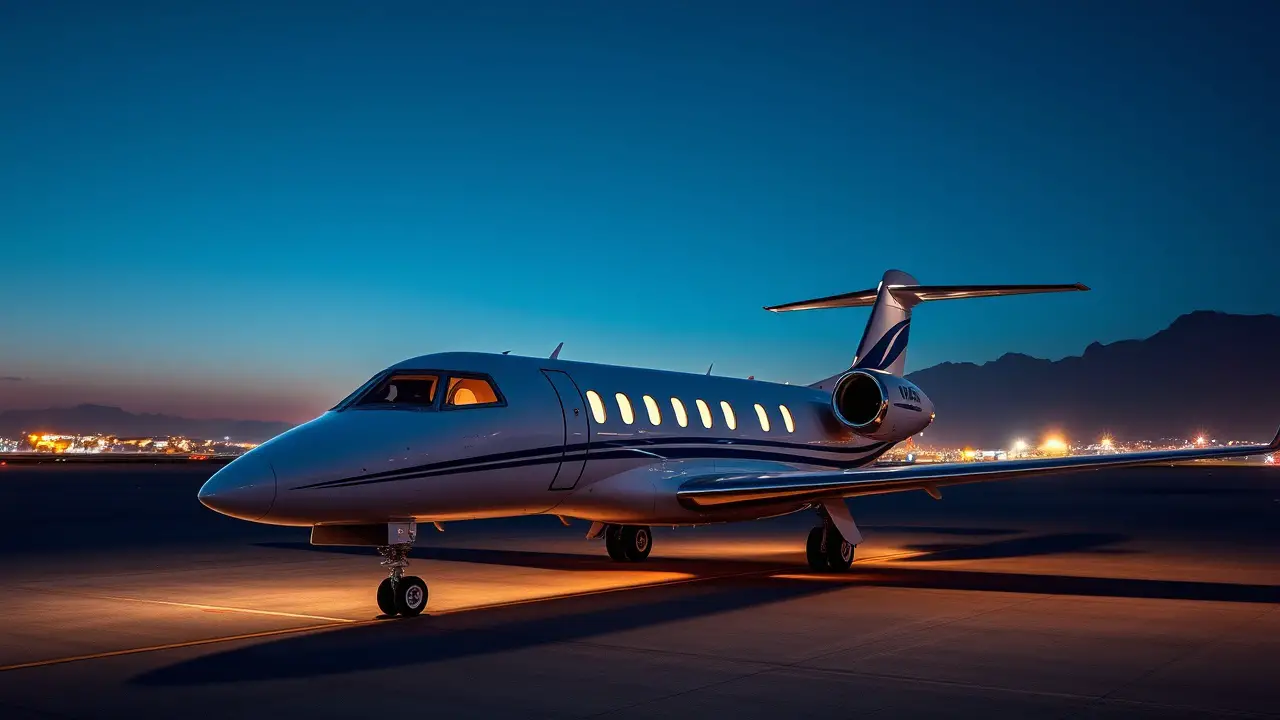
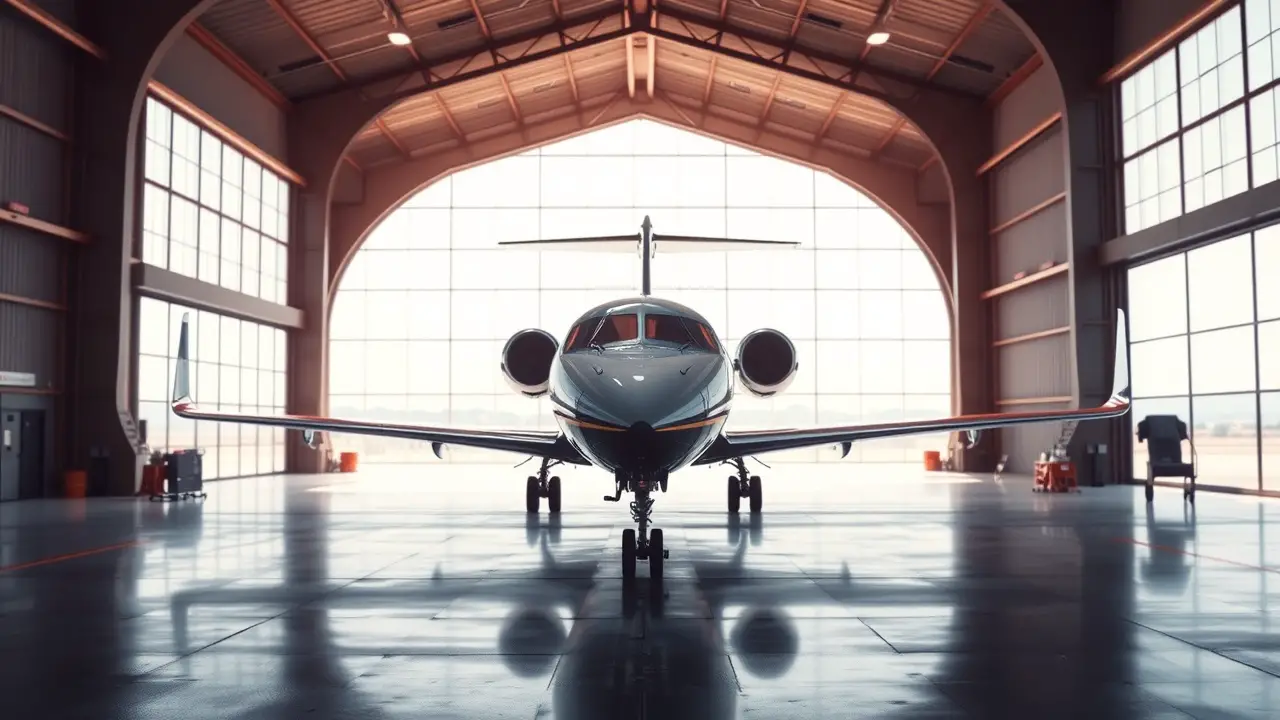
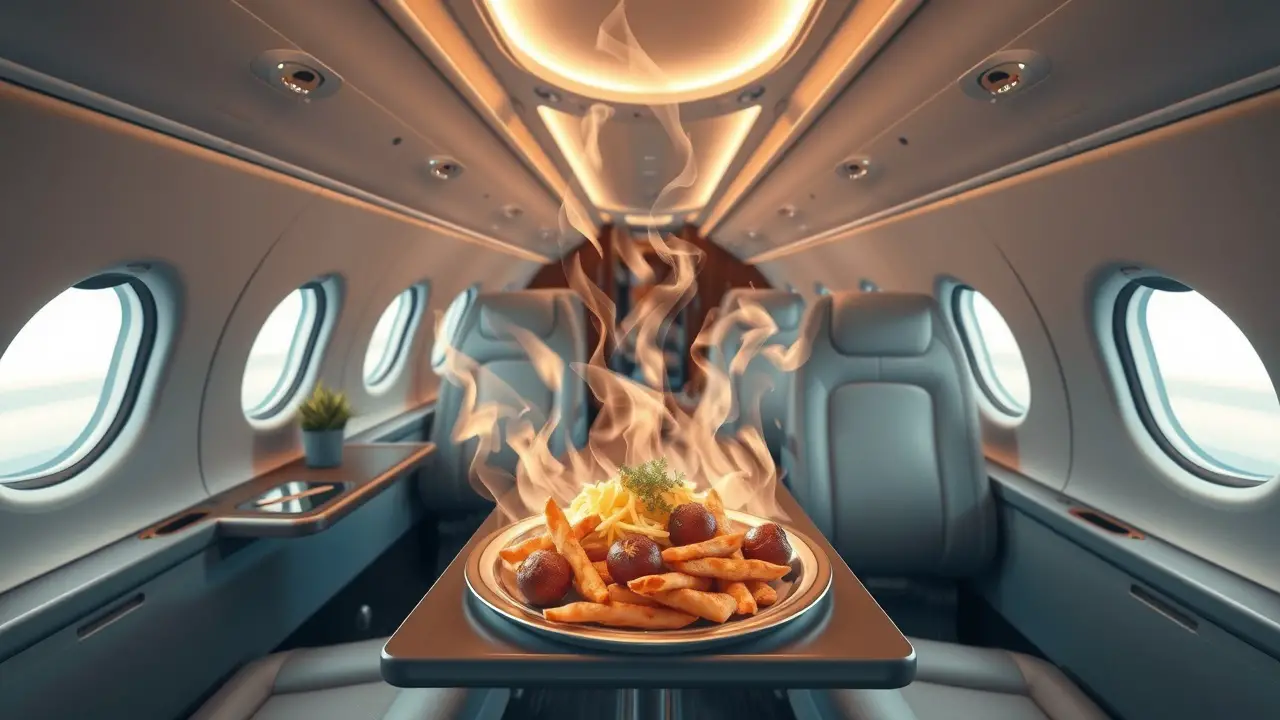
Leave a Reply